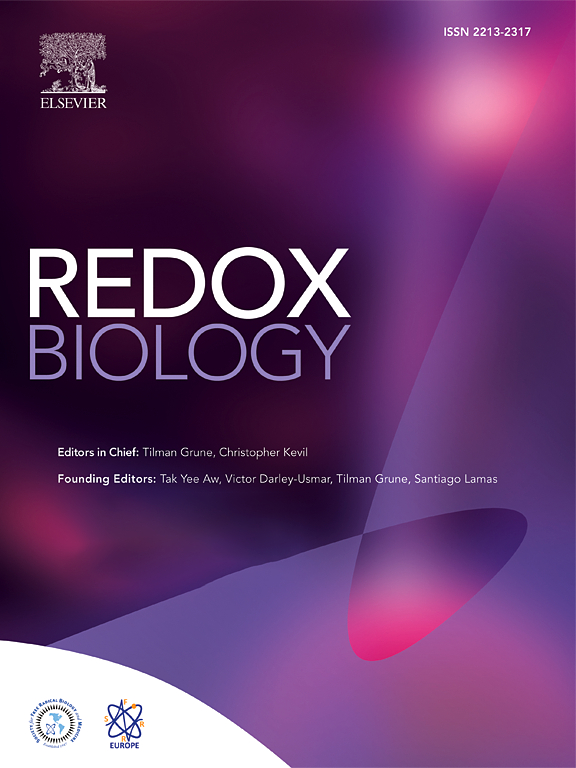Oncogenic KRAS addiction states differentially influence MTH1 expression and 8-oxodGTPase activity in lung adenocarcinoma
IF 10.7
1区 生物学
Q1 BIOCHEMISTRY & MOLECULAR BIOLOGY
引用次数: 0
Abstract
The efficacy of strategies targeting oncogenic RAS, prevalent in lung adenocarcinoma (LUAD), is limited by rapid adaptive resistance mechanisms. These include loss of RAS addiction and hyperactivation of downstream signaling pathways, such as PI3K/AKT. We previously reported that oncogenic RAS-driven LUAD cells possess an enhanced reliance on MTH1, the mammalian 8-oxodGTPase, to prevent genomic incorporation of oxidized nucleotides, and that MTH1 depletion compromises tumorigenesis and oncogenic signaling. Here, we show that elevated MTH1 correlates with poor prognosis in LUAD and that its redox-protective 8-oxodGTPase activity is variably regulated in KRAS-addicted vs. non-addicted states. Multiple oncogenic KRAS mutants or overexpression of wildtype (wt) KRAS increased MTH1 expression. Conversely, KRAS depletion or its inhibition by AMG-510 (sotorasib) decreased MTH1 in KRASG12C-addicted LUAD cells. Separation-of-function MEK/ERK1/2-activating mutants recapitulated the elevated MTH1 expression induced by oncogenic RAS in wt KRAS LUAD cells. However, upon inhibition of the MEK/ERK1/2 pathway, compensatory AKT activation maintained MTH1 expression. Indeed, elevated AKT signaling maintained high MTH1 expression even when KRAS oncoprotein was low. We previously reported that cancer cells possess variable MTH1-specific and MTH1-independent 8-oxodGTPase activity levels. Whereas both ERK1/2 and AKT could regulate MTH1 protein levels in KRAS-addicted cells, only AKT signaling was associated with elevated MTH1-specific 8-oxodGTPase activity under KRAS-low or KRAS non-addicted states. Our studies suggest that despite loss of KRAS dependency, LUAD cells retain the requirement for high MTH1 8-oxodGTPase activity due to redox vulnerabilities associated with AKT signaling. Thus, MTH1 may serve as a novel orthogonal vulnerability in LUAD that has lost KRAS addiction.

求助全文
约1分钟内获得全文
求助全文
来源期刊

Redox Biology
BIOCHEMISTRY & MOLECULAR BIOLOGY-
CiteScore
19.90
自引率
3.50%
发文量
318
审稿时长
25 days
期刊介绍:
Redox Biology is the official journal of the Society for Redox Biology and Medicine and the Society for Free Radical Research-Europe. It is also affiliated with the International Society for Free Radical Research (SFRRI). This journal serves as a platform for publishing pioneering research, innovative methods, and comprehensive review articles in the field of redox biology, encompassing both health and disease.
Redox Biology welcomes various forms of contributions, including research articles (short or full communications), methods, mini-reviews, and commentaries. Through its diverse range of published content, Redox Biology aims to foster advancements and insights in the understanding of redox biology and its implications.
 求助内容:
求助内容: 应助结果提醒方式:
应助结果提醒方式:


